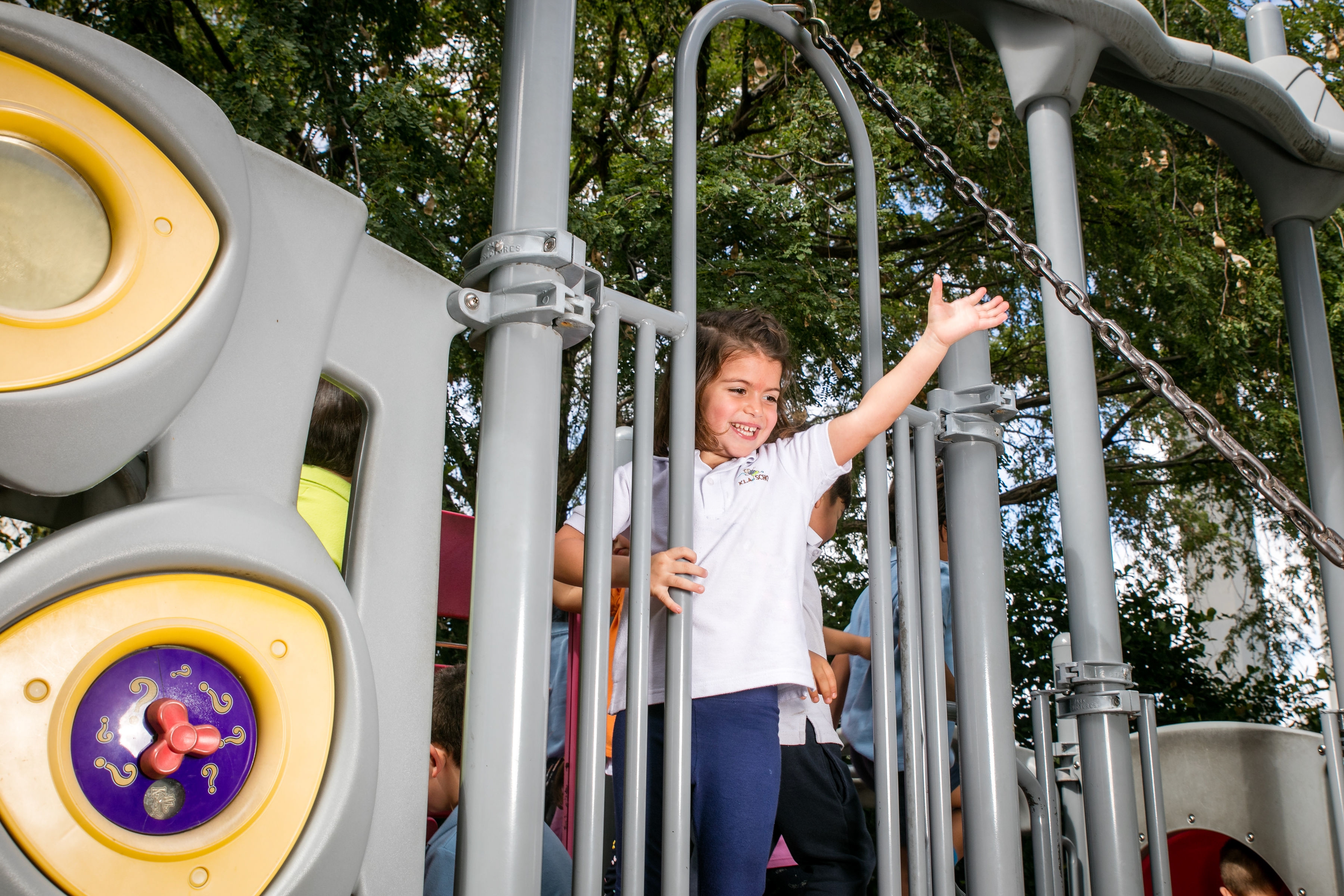Understanding Nutrition in Preschool
A good preschool is your parenting partner, and takes your child’s health seriously. If you’re looking for a good preschool, it’s important to understand their philosophy on nutrition and policies on things such as allergies, meal plans, or eating habits.
Here are some of the major nutrition-related concerns that you may want to ensure your child’s prospective preschool follows.
Allergies, intolerances, and special diets are accommodated
Whether it’s a food allergy, an intolerance, or a special diet that must be followed, your child can still eat healthfully in preschool. Your child’s preschool should work with you to create an alternative meal plan that also offers the right amount of nutrition.
Menus are planned based on proper guidelines and regulations
A good preschool should ensure that their meal plans are approved by regulatory agencies that look out for things like appropriate portion sizes and nutrition. All the food groups and necessary nutrients should be represented, while unhealthy added fats, sugar, and sodium should be minimized wherever possible.
You are kept informed about what your child eats
Many preschools offer daily reports that inform parents what their child ate that day, among other things. This daily report can be useful for you to stay informed about your child’s nutrition and eating habits, and may also give you some ideas for new food to make at home.
You can view your preschool’s menu ahead of time
Whether it’s a sample menu or a copy of their weekly menu, many preschool parents like to get an idea of portion sizes, food variety, and types of food offered. Viewing the preschool’s menu in advance can also help you to see how the food is prepared and answer other questions you may have.
Preschools can help picky eaters feel more comfortable with food
Preschool teachers have experience with children who may be picky eaters, and know strategies to help them feel more comfortable with food. If your child is a picky eater and you’re concerned about their preschool meals and snacks, consult their teachers. Together, you can develop strategies that are customized to your child. For example, your teacher may help to introduce new foods slowly, or create a fun ritual around snack times.
Preschools like KLA Schools are committed to your child’s health and wellbeing, and will offer them a variety of nutritious, age-appropriate, and delicious meals and snacks. Feel free to ask questions about their nutrition policies and practices.

